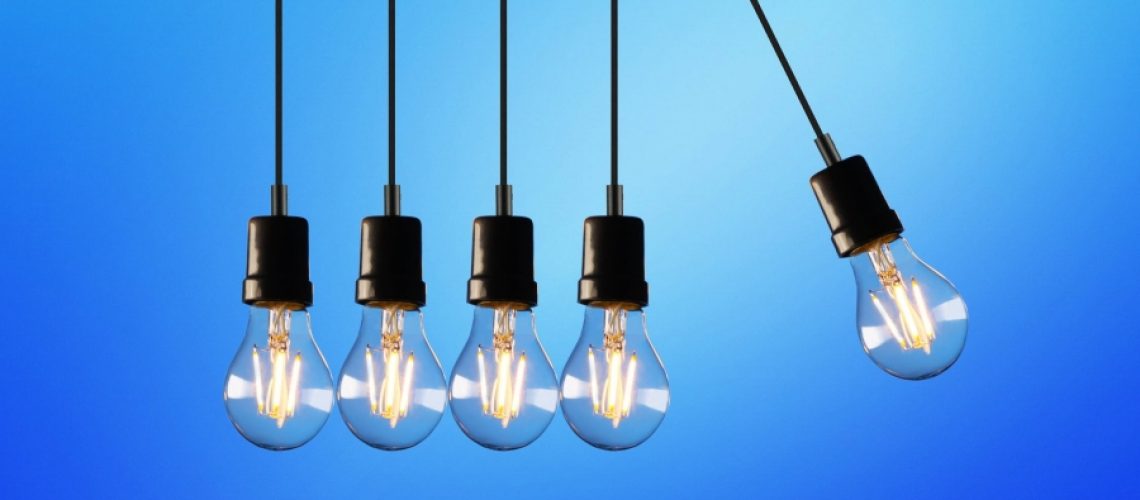The new Energy Collection Act (EnSaG) entails changes to the EEG, KWKG and EnWG. An important change, which is likely to affect many companies, is the so-called “third quantity delimitation”.
The German EnSaG came into force on 1st January 2019 and effects changes to a large number of energy regulations. The most important changes concern the German Renewable Energy Sources Act (EEG), the German Combined Heat and Power Act (KWKG) and the German Energy Industry Act (EnWG).
An important change which is likely to affect many companies is the so-called “third party quantity limitation”. This applies to all companies that make use of their own generated electricity which is either exempt from the EEG charge or on which the EEG charge is lower, the German Special Compensation Scheme (BesAR) or the limitation of grid charges. Here it is necessary to determine the quantity of electricity passed on to third parties (e.g. on-site service providers, operators of beverage vending machines) in accordance with measuring and calibration laws. Third-party supply exists as soon as electricity is supplied (also free of charge) for final consumption. End consumers refer to the plant operator that consumes the electricity and who, among other things, exercises actual control over the plant. This excludes electricity consumption defined as negligible (§ 62a) and is therefore allocated to the site company as end consumer.
In exceptional cases, estimates are possible, but they must be prepared in a comprehensible and verifiable manner and are subject to tight restrictions.
From 31st December 2017 to 1st January 2021, electricity quantities may be temporarily recorded by means of estimates in the event of a lack of measuring and calibration equipment that conforms to measuring and verification law. For the calendar year 2020, this only applies if a declaration is submitted which shows how it will be ensured that the provisions of § 62b EEG will be complied with in 2021.
The above changes also relate to the German CHP levy. In addition, the German CHP Law extended the subsidy for new plants until 2025, and, in turn, the subsidy for existing plants was lowered.
Your contact at Arqum: Dr. Uwe Götz


